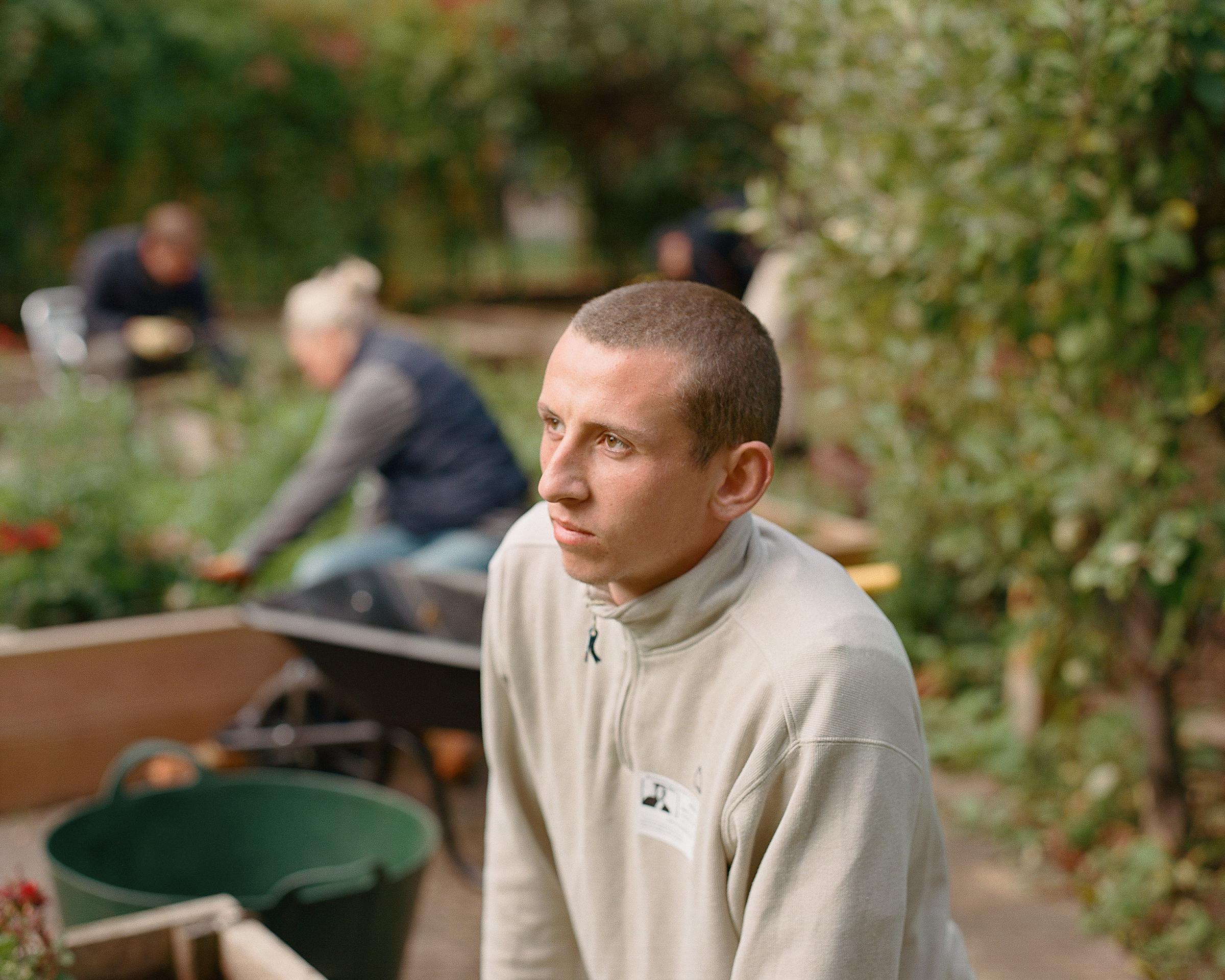New frontiers in funding, philanthropy and investment
An invitation to 'save the date' for a two-day conference - New frontiers in funding, philanthropy and investment.
We are excited to announce this important event that is taking place on 14 and 15 July at Kings Place in London, and will be livestreamed so that as many people as possible can join us. The conference will bring together innovators across the philanthropic and investment worlds, to learn from one another and make new connections. We want to explore approaches in investment and philanthropy that are actively challenging practices that prop up aspects of current systems that are not serving people and planet well. And we want to highlight financing and funding practices that have the potential to invest in - and even speed up - a transition towards a regenerative, fairer future.
Deep shifts and transformations
We are living through an extraordinary time in history. Two years of pandemic have shown how quickly things can change and how the entire world can mobilise to confront a problem that threatens us all. Yet we are also living in a time of growing inequality in wealth, opportunities and outcomes – while facing a climate emergency, habitat destruction and the resurgence of forces of division and violence on all sides.
Philanthropy itself has been in something of a crisis too, as critiques of power and privilege, wealth accumulation and extraction - deeply ingrained problems in the sector - have finally risen to the surface. Those of us working in and around philanthropy are learning to bring power awareness to our work, to commit and deepen our anti-racist practices and centre questions of equity in everything we do. That’s vital work, long overdue, that will be a lifelong endeavor. Philanthropic organisations are in different places on this journey - but equity work is in motion with growing accountability across the sector to ensure that work on this continues and deepens.
With much energy rightly going on these inward-looking reflections, alongside the efforts to be responsive to the immediate and relentless needs of a pandemic and a growing living crisis, it’s been hard to have the bandwidth for innovation, for new ideas and practices. And when things feel hard it’s easy to default to what we know. There is a comforting safety in the language of ‘reform’ and continuous improvement, rather than an acknowledgement of the unknown territory of deep shifts and transformations that are required.
Looking at the whole funding ecology
In a time of rapid change, we can’t rely on what we once knew. And it really matters what philanthropic money gets spent on now. We can acknowledge that philanthropy isn’t justice and keep working towards normalising reparatory investment - essential for an equitable future - but we are not there yet because this is a time of transition. The continually shifting ground of transitions offers opportunities to shape and bring intent, to work in multiple timeframes and with multiple approaches. We cannot afford to keep getting stuck in the binaries - relational versus evidence-based, power-shifting versus strategic - there are so many more of these binaries that we spend hours debating in philanthropy and yet what we need most of all is plurality. That’s why this conference is also looking at the whole funding ecology - bringing together different kinds of capital because we need all of it and for it to play different roles. The traditional practice of separating out routes into Foundations by either grant or investment is likely to look increasingly dated.
We know many working across the funding, philanthropy and investment space have an uneasy feeling that ‘something different’ might be required. We cannot turn away from the trouble that is already with us. Our historic approach to investing endowments is at risk of perpetuating the problems philanthropy seeks to solve. Models of grant-making are not shifting the dial in the face of the multiple crises we are living through.
So we wanted to create a conference that invites people into this uneasy space. An opportunity to bring people together to explore it, and possible ways to navigate our way towards something better. A space to learn how to experiment, create and be courageous together. Our starting point is simple: it is at least as risky to not experiment, as it is to do so and a pragmatic incrementalist approach alone will not deliver anything close to the scale of deep change that is needed now.
Why JRF want to do this
It’s been brilliant to see the willingness of JRF to step into this space - both in the questions that they are asking and how this is translating into their own practices and approach. Sophia, Emerging Futures Director and Denise, Head of Social Investment share below the questions that JRF are exploring, and through this conference, would like to explore further with others.
- First, in the face of all the existential threats, how can Foundations like JRF ensure our endowments are being used to invest in the deep work as well as the urgent work: the work that seeks to build alternative, fairer futures, as well as doing everything we can in the present day to ameliorate the worst effects of these seismic changes. That has implications for what we fund. We want to resource work that addresses the ‘hidden wiring’ - those factors that are so deeply embedded they have become invisible, and yet continue to drive inequality, for example our legal systems around land ownership, or shareholder primacy. It also has implications for how we fund work. The conference will explore both these dimensions, bringing together leading thinkers, doers and makers to share their emerging practices.
- Second, what does it mean to be a truly responsible investor? Most Foundations only spend 2-4% of their endowment, with the remainder being invested in order to generate a financial return to then spend on programmes of work and grant-making. Here at JRF, we’ve had a long-standing commitment to select fund managers that integrate Environmental, Social and Governance (ESG)issues into their investment analysis and decision-making processes, but is that enough? What social and environmental injustices are philanthropic organisations perpetuating when we continue to put so many of our assets into global financial markets? Are fund managers effectively engaging with companies on environmental and social issues, and do they take human rights concerns seriously when investing our capital?
- Third, how might we work together to use our influence as investors to reduce ‘impact washing’ and drive positive environmental and social transitions through engagement with fund managers, corporations, regulators and policymakers? We’ve begun to play a more activist role as an investor, for example working with ShareAction to tackle low wages in the retail sector.
- Finally, what might it mean to build new forms of finance in order to put a greater portion of philanthropic endowments directly into the real economy? At JRF we already put 5% of our endowment into social investment activities, either through backing social investment funds (such as Fair by Design) or direct investment (such as London CLT). And we recently published this blog and paper setting out our plans for an emerging futures fund. One of the things we want to experiment with through our new fund is how to design an approach to resourcing work that spans philanthropic giving and impact-led investment. Other Foundations such as GSST and Esmee Fairbairn are already leading the way here, and increasingly the Social Investment community are offering a mix of grant-based and investment-based finance. How might we bring together different kinds of capital to speed up the transition to a more just and equitable future? What other models and financial instruments might we want to experiment with?
We’re currently in the process of growing a network of partners for the conference and designing the conference programme in collaboration with our co-design group that includes Fozia Irfan, Rhodri Davies, Caroline Mason, Kieron Boyle and the Grant Givers Movement. More information will be published shortly and for any questions please get in touch with Cassie at cassie.robinson@jrf.org.uk

This story is part of the imagination infrastructures topic.
Find out more about our work in this area.
